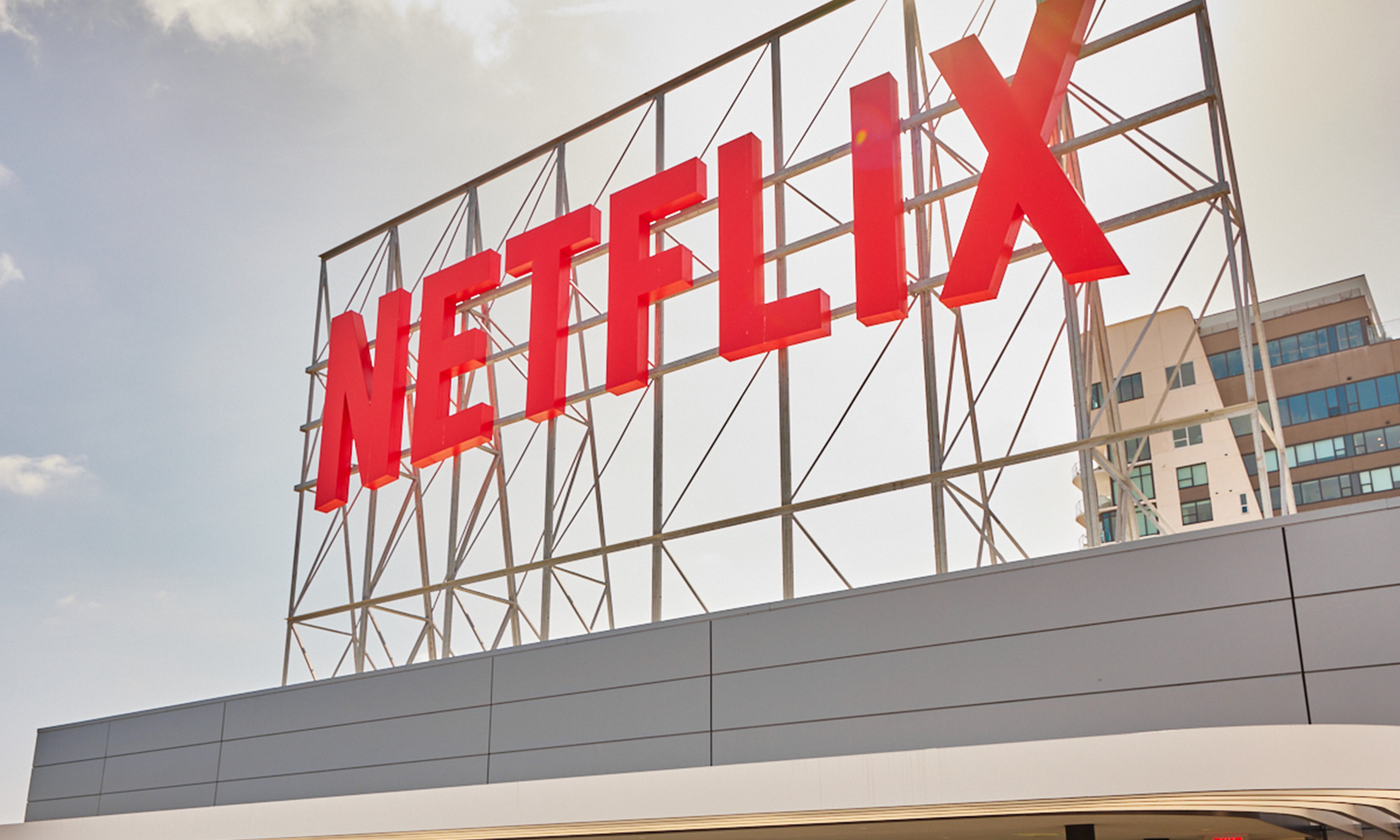A recent poll found that more than one fifth of young adults in the U.S. who use video-streaming services do so on borrowed passwords. Password sharing, or the act of using someone else's account for a streaming service like Netflix (NFLX 2.99%), has long been acknowledged by streaming services, but have generally been seen as a necessary cost. Netflix and its peers have often dismissed the act as immaterial, or not worth enforcing.

Image source: Netflix.
However, as video streaming goes mainstream, the tide may be shifting on the password-sharing debate. A Reuters/Ipsos survey found that 21% of Americans aged 18-24 borrow passwords from people outside of their households to stream shows and movies, and that 12% of adults of all ages borrow passwords.
To share or not to share
Netflix and other streaming services have long played down the threat from password sharing. Last October, CEO Reed Hastings said, "Password sharing is something you have to learn to live with, because there's so much legitimate password sharing, like you sharing with your spouse, with your kids .... so there's no bright line, and we're doing fine as is." CFO David Wells has also noted that not all of the password borrowers would automatically become subscribers if Netflix stopped them from streaming.
Richard Plepler, CEO of Time Warner (TWX +0.00%)-owned HBO, agreed, saying in a CNN interview in 2015 that password sharing "is simply not a big number. Should it become a big number, we will deal with it, but right now the number really isn't significant." He also told Buzzfeed that password sharing was a "terrific marketing vehicle for the next generation."
However, HBO, Netflix, and other streamers may want to heed the warnings from other corners of internet media. Newspapers and magazines rushed to give away free content at the dawn of the web, but that rapidly undermined their business models. Today, papers like The New York Times and The Wall Street Journal have recovered, in part, from cracking down on free riders. The Journal, for instance, reported an 86% jump in subscriptions after it blocked a loophole around its paywall through Google searches.
The recorded music industry similarly imploded due to free downloads, and even iTunes was not able to bring sales back to the level of the analog era. Today, the industry is recovering with the help of subscriptions services like Spotify.
What's next for Netflix
Netflix is set to report second-quarter earnings on Monday afternoon, and domestic growth remains a concern. The streaming service topped 50 million U.S. subscribers for the first time in the first quarter and should reach the bottom end of its 60 million-90 million forecast for domestic subscribers in a couple of years. As the domestic market matures, growth has slowed down. Netflix had its weakest domestic growth since the streaming service split from the DVD plan last year, with 4.69 million additions, and this year is on track to be even slower.
As that growth fades, the argument for trying to convert freeloaders becomes even stronger, especially with Netflix's blockbuster valuation and thin profits. If 12% of streaming adults in the U.S. use someone else's account, that would mean about 6 million Americans are watching Netflix without paying for it. Even if the company was able to convert only half of them by blocking password sharing, that would still be a significant windfall for the service. Three million members would generate $360 million in revenue at Netflix's average $10/month price, and because of the company's subscription model, that revenue would all translate into operating income.
Netflix restricts the number of screens that can be watched simultaneously to two to four, depending on the subscription, which offers protection against rampant password sharing -- so it's not totally ignoring the issue. And Hastings may be right that it's tricky to crack down on free users without alienating current subscribers. But as the company's domestic market matures, expect the issue to attract more attention from investors. Netflix may not know what it's missing.






